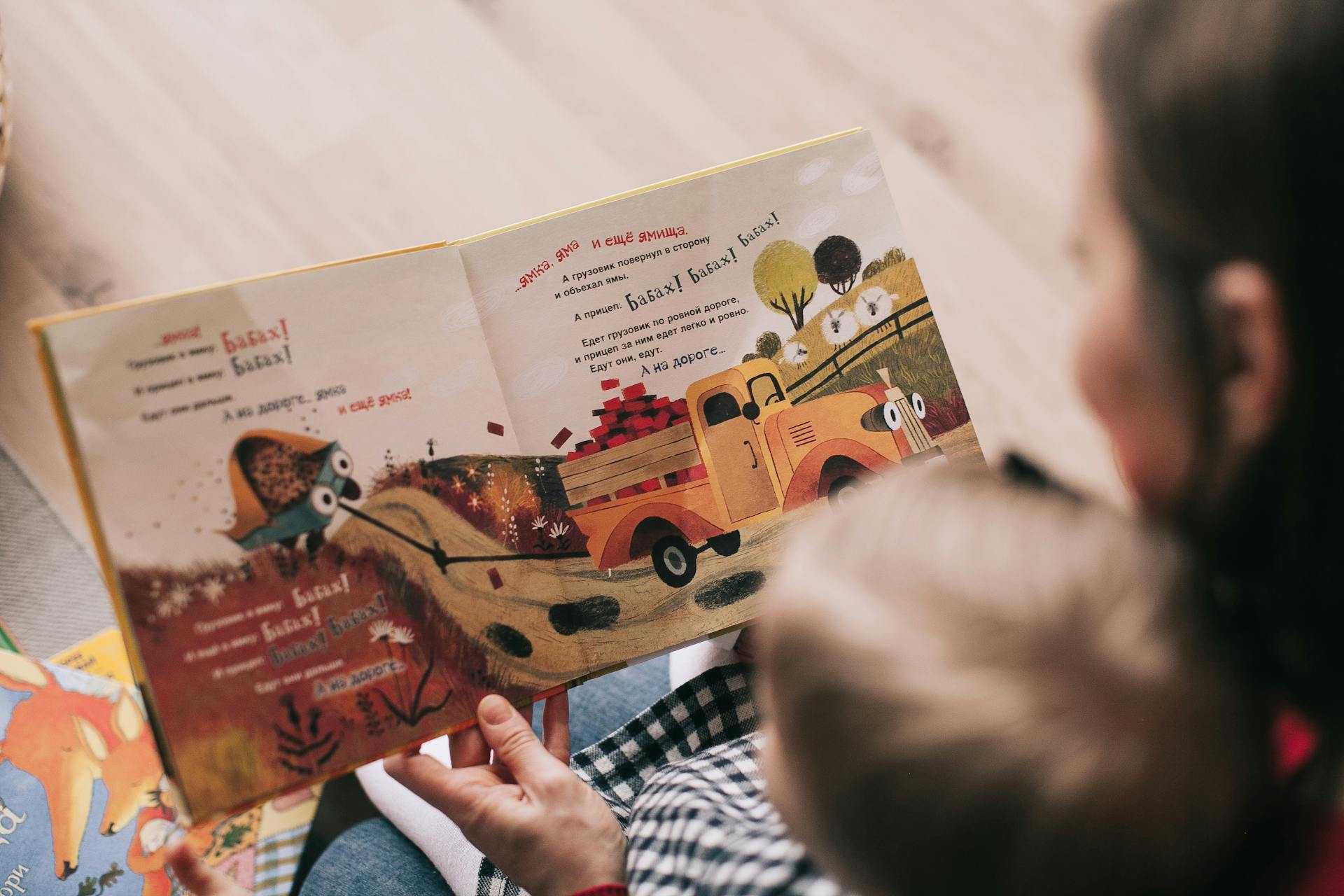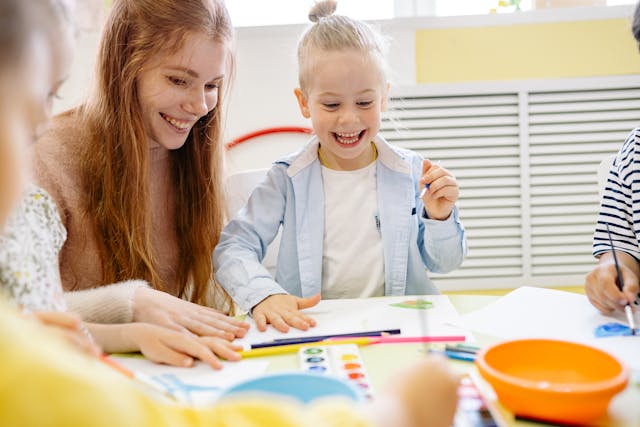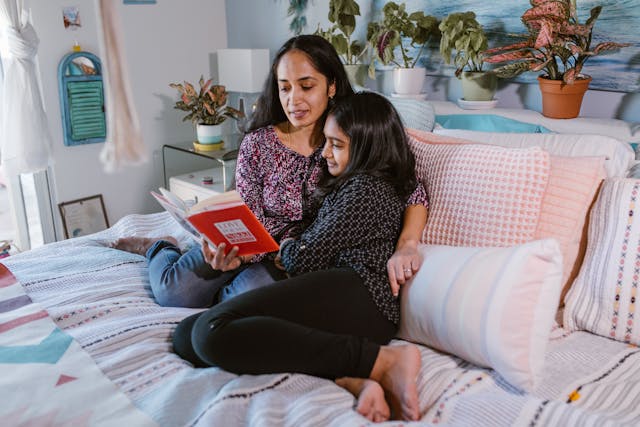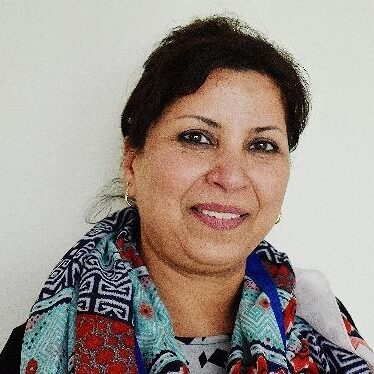National Storytelling Week: Celebrating diversity
National Storytelling Week is taking place in the UK from Saturday 1 February to Sunday 9 February 2025. This is a fantastic opportunity to promote storytelling and literacy while fostering cultural pride and multilingualism. Schools can create a rich, inclusive environment that celebrates diversity and strengthens community bonds by involving parents and students in reading and sharing stories in their home languages. Here are some creative ways to engage families and students during this special week.

Engaging Parents:
Storytelling Sessions in Home Languages
Invite parents to share traditional stories or folktales from their cultures in their home languages. These storytelling sessions can be organised during school hours or as special events. Providing translated versions or summaries in English can help ensure that everyone understands and appreciates the stories.
Family Storytime Challenge
Encourage families to read or tell stories in their home language each evening during National Storytelling Week. Provide a story log or booklet for families to record the titles of the stories borrowed from the local libraries and share and reflect on their experiences.
Resource Sharing
Create and distribute a list of multilingual storybooks available online or in local libraries. Include links to audio or video stories in various languages to make storytelling accessible for families with younger children.
Storytelling Workshop
Host a workshop for parents to demonstrate engaging storytelling techniques. Highlight the importance of storytelling in preserving language, culture, and family traditions.
Involving Students:
Home Language Story Circle
Dedicate a class session for students to share stories in their home language. Students can summarise the story in English or use props, illustrations, or puppets to help communicate the story to their classmates.
Story Art Activity
Encourage students to illustrate scenes from stories told in their home language. Display the artwork as part of a "story wall" in the school to celebrate the diversity of cultures and languages.

Multilingual Story Competition
Organise a competition where students and their families submit audio or video recordings of storytelling in their home language. Recognise participants with certificates or small prizes to encourage creativity and participation.
Buddy Storytelling Program
Pair students from different cultural backgrounds to exchange stories in their respective home languages. Encourage them to teach each other a simple word or phrase related to the story, fostering cross-cultural learning and understanding.
School-Wide Activities:
Multilingual Story Corner
Set up a story corner in the library or classroom with books in multiple languages. Encourage students to borrow these books to read at home with their families.
Assembly Performances
Organise storytelling or drama performances during an assembly where students and parents can narrate or act out stories in their home languages. This platform allows everyone to appreciate the richness of different cultures.
Cultural Story Night
Host an evening event where families bring traditional snacks and gather to share stories from their culture in their home languages. These sessions can include music, dance, or costumes related to the stories.
Story Maps Display
Invite families to write or draw summaries of their favourite stories in their home language. Display these summaries on a "story map" wall, showcasing the variety of stories and languages within the school community.
The Benefits of Sharing Stories in Home Languages
Cultural Identity and Pride: Sharing stories in home languages helps students connect with their heritage, fostering a sense of pride in their cultural identity.
Language Skills Development: Reading and storytelling enhance vocabulary and comprehension in both the home language and English, promoting bilingualism.
Community Building: These activities create opportunities for families from diverse backgrounds to interact and learn from one another, fostering a sense of belonging and mutual respect.

Creativity and Imagination Storytelling sparks creativity and imagination, encouraging children to think critically and express themselves more effectively.
National Storytelling Week is not just about telling tales; it’s about weaving connections between cultures, languages, and generations. By involving parents and students in storytelling activities, schools can create a vibrant, inclusive space where every voice and language is valued. This approach not only celebrates diversity but also nurtures a lifelong love for stories and learning.
For more ideas check: https://literacytrust.org.uk/resources/national-storytelling-week/
https://literacytrust.org.uk/resources/reimagine-your-world-ks1-storytelling-resource-joseph-coelho/
Article by
Rashda Salamat
English as an additional language Teacher
The Inclusive Learning and Achievement Service (ILAS)
rashda.salamat@northtyneside.gov.uk

